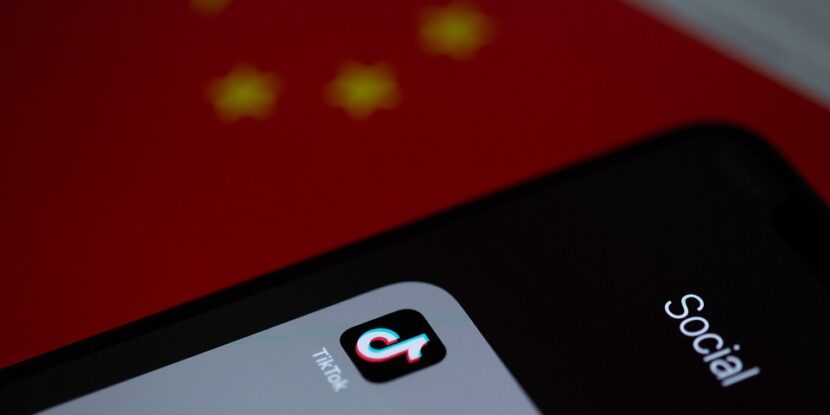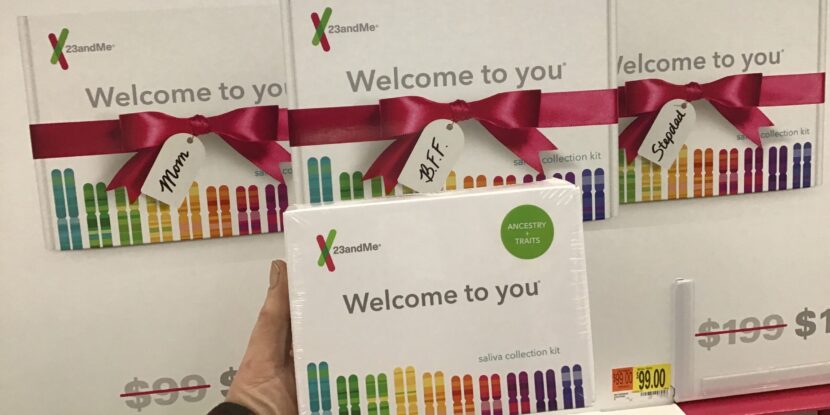
PULSE POINTS:
❓What Happened: Apple’s plan to integrate Alibaba’s artificial intelligence (AI) models into iPhones for the Chinese market faces scrutiny from Republican and Democrat lawmakers on Capitol Hill.
👥 Who’s Involved: Apple, Alibaba, U.S. lawmakers, including Representative Raja Krishnamoorthi (D-IL), and national security officials.
Your free, daily feed from The National Pulse.
📍 Where & When: China and the United States; ongoing discussions, including a March meeting with the House Select Committee on China.
💬 Key Quote: “Alibaba is a poster child for the Chinese Communist Party’s military-civil fusion strategy, and why Apple would choose to work with them on AI is anyone’s guess,” said Rep. Raja Krishnamoorthi.
⚠️ Impact: Concerns over potential data-sharing, surveillance, and military tech development linked to the Chinese Communist Party (CCP).
IN FULL:
Apple’s collaboration with Chinese tech giant Alibaba to enhance artificial intelligence (AI) capabilities in iPhones sold in China has sparked significant concerns among U.S. lawmakers and national security officials in President Donald J. Trump’s administration. The partnership, aimed at integrating Alibaba’s AI models into Apple devices, has raised alarms over potential risks related to data-sharing, surveillance, and military technology development.
The deal has prompted scrutiny over whether Alibaba, a company with close ties to the Chinese Communist Party (CCP), could gain access to sensitive data or technical insights through the arrangement. Officials worry such access might contribute to state-run programs, including those tied to China’s military objectives.
During a March meeting with the House Select Committee on China, Apple executives reportedly struggled to provide clear answers about the scope of the agreement with Alibaba. Questions remain about what kind of user data might be shared and whether Apple has agreed to comply with Chinese regulations that could demand broader data access or restrict certain functionalities.
Representative Raja Krishnamoorthi (D-IL), a member of the House Intelligence Committee, criticized Apple’s lack of transparency, saying, “It is extremely disturbing that Apple has not been transparent about its agreement.” He added, “Alibaba is a poster child for the Chinese Communist Party’s military-civil fusion strategy, and why Apple would choose to work with them on AI is anyone’s guess.”
Apple’s push to expand its AI offerings globally, including in China, is part of its broader growth strategy. China is Apple’s second-largest market, accounting for nearly 20 percent of the company’s global revenue. However, this effort comes with risks, particularly as geopolitical tensions between the U.S. and China have escalated.
The U.S. government has already imposed restrictions on China’s access to advanced semiconductors and tools. Lawmakers fear that commercial collaborations, such as Apple’s partnership with Alibaba, could undermine these efforts by indirectly aiding China’s technological advancements in areas with potential military applications, including autonomous weapons and drone coordination.

PULSE POINTS:
❓What Happened: Regeneron has agreed to purchase 23andMe for $256 million through a court-supervised bankruptcy sale.
👥 Who’s Involved: Regeneron Pharmaceuticals, 23andMe, Anne Wojcicki (former CEO), Joe Selsavage (interim CEO).
Your free, daily feed from The National Pulse.
📍 Where & When: The deal was announced Monday; 23andMe filed for bankruptcy in March 2025.
💬 Key Quote: “We are pleased to reach an agreement with a science-driven partner that maintains our team and helps ensure our mission will carry forward,” said Joe Selsavage, 23andMe’s interim CEO.
⚠️ Impact: Regeneron will acquire 23andMe’s genetic testing and research assets but not its telehealth business, while committing to uphold privacy laws and policies.
IN FULL:
Regeneron Pharmaceuticals has finalized a $256 million agreement to acquire genetic testing company 23andMe, following the latter’s bankruptcy filing earlier this year. The purchase, made under a court-supervised sale process, includes 23andMe’s genetic testing services and health research assets but excludes its Lemonaid Health telehealth division.
Notably, President Donald J. Trump received a dose of a Regeneron antibody drug in late 2020 when he was diagnosed with COVID-19. At the time, the medication was still in an experimental phase, but showed promise as a treatment for the virus.
The consumer genetic testing company 23andMe filed for bankruptcy in March 2025, citing financial difficulties. At the time, it announced plans to seek a buyer and confirmed the resignation of its co-founder and CEO, Anne Wojcicki.
Under the terms of the agreement, Regeneron, based in Tarrytown, New York, will continue to provide 23andMe’s consumer genetic services without interruption. The company also emphasized its commitment to adhering to 23andMe’s existing privacy policies and applicable laws to safeguard sensitive customer information.
“We have deep experience with large-scale data management,” said George Yancopoulos, Regeneron’s co-founder, in a statement. He added: “With the consent of individuals, we use this data to drive discoveries that benefit science and society, while maintaining a strong track record of protecting genetic data.”
Privacy concerns have surrounded 23andMe’s vast database, which includes the DNA information of approximately 15 million customers. The company’s services allow users to explore their ancestry and genetic health profiles, including identifying potential hereditary risks. Its research wing has also been involved in developing treatments for cancer, immune disorders, and other conditions.
Interim CEO Joe Selsavage expressed optimism about the acquisition, stating, “We are pleased to reach an agreement with a science-driven partner that maintains our team and helps ensure our mission will carry forward. With Regeneron’s expertise in genetic sequencing, testing, and discovery, we look forward to continuing to help people access and understand the human genome for the benefit of customers and patients.”
show less

 1 month ago
2
1 month ago
2








 English (US) ·
English (US) ·